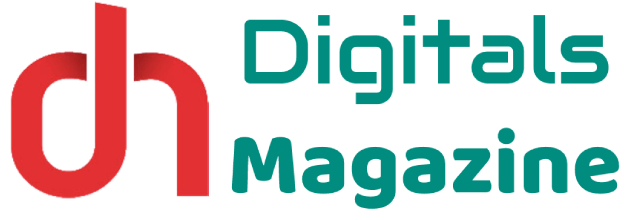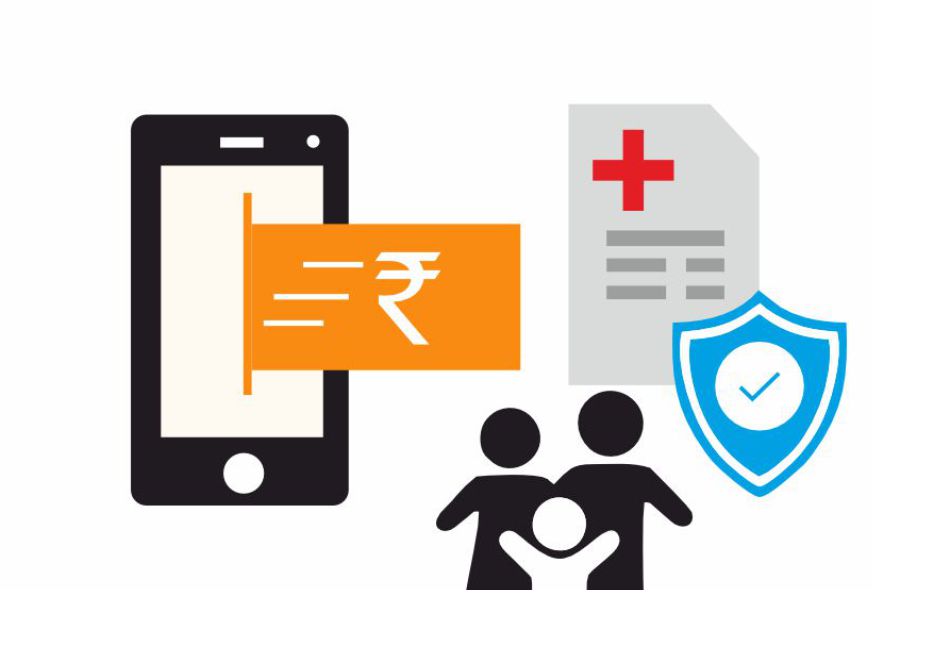Traditionally, healthcare insurance plans offered cashless treatment only at a limited network of hospitals. This restricted patients’ choices, particularly in emergencies or when seeking specialised care. However, “Cashless Everywhere” recently introduced, will be a game-changer.
But what is cashless everywhere? How will it prove to be effective and beneficial for insurers? Well, to get answers to all these questions, read this article till the end. So, let’s get started.
What is Cashless Everywhere?
Cashless everywhere typically refers to the best health insurance policy that offers the convenience of settling medical bills directly with the healthcare provider, without the insured having to pay upfront and then seek reimbursement.
Instead, the best health insurance company directly pays the healthcare provider for the covered services rendered to the insured individual. This streamlines the payment process, reduces paperwork, and enhances convenience for both patients and healthcare providers.
How Does Cashless Everywhere Work?
Cashless Everywhere is a healthcare insurance initiative that offers policyholders more freedom in choosing a hospital. Traditionally, cashless treatment was only available at hospitals within an insurer’s network. With Cashless Everywhere, you can get treated at any hospital, even if it’s not empanelled under your best health insurance policy.
But with cashless everywhere, the best health insurance company directly settles the bill with the hospital, so you don’t have to pay upfront. This is particularly helpful in emergencies or when your preferred hospital isn’t in the network.
It streamlines the process and reduces your financial burden during a medical crisis. However, it’s important to check with your insurer about any limitations or pre-approval requirements before availing this facility at a non-network hospital.
How is Cashless Everywhere Beneficial for Insurers?
Cashless transactions have revolutionised the insurance industry, offering numerous benefits for insurers. Some of them are:
1. Efficiency and Speed
Cashless transactions streamline the payment process, making it quicker and more efficient. This efficiency also extends to the claims process, where insurers can process claims and disburse payments faster. This enhances the customer’s experience.
2. Reduced Operational Costs
Handling physical cash involves costs related to storage, transportation, and security. By going cashless, insurers can avoid these costs, leading to significant operational savings.
3. Fraud Prevention
Digital transactions leave a digital footprint. This means every transaction can be traced and verified, making it harder for fraudulent activities to go unnoticed. This enhances transaction security and protects both the insurer and the policyholder.
4. Improved Customer Experience
Cashless transactions offer policyholders convenience. They can make payments or receive claim settlements anytime, anywhere, without the need to visit the insurer’s office or handle physical cash, significantly enhancing their overall experience.
5. Data Insights
Digital transactions generate a wealth of data. Insurers can analyse this data to gain valuable insights into customer behaviour, preferences, and trends. Product development, marketing initiatives, and corporate strategy may all benefit from these insights.
6. Increased Transparency
Cashless transactions increase transparency in financial dealings. Each transaction is recorded and can be tracked, providing clear visibility into the payment process. The confidence between policyholders and insurers is increased by this transparency.
7. Expanding the Hospital Coverage
Cashless transactions facilitate the expansion of hospital coverage under the best health insurance policy. Insurers can easily onboard hospitals into their network, allowing policyholders to avail cashless treatment at these hospitals. This can significantly increase the healthcare options available to policyholders, improving their access to quality healthcare services.
8. Improved Claim Processing
Cashless transactions can streamline the claim processing workflow. The digital nature of these transactions allows for quicker validation and approval of claims. Additionally, it eliminates the need for physical documentation, reducing the chances of errors and delays. This leads to a faster, more efficient claim processing system, enhancing the overall customer experience.
Conclusion
Implementing a “Cashless Everywhere” healthcare insurance model proves to be highly effective. By simplifying the claims process and eliminating the need for policyholders to pay out-of-pocket expenses, insurers can enhance customer satisfaction, improve operational efficiency, and reduce instances of fraud. It also creates a seamless experience for policyholders, fostering trust and loyalty towards the insurer.
For individuals seeking comprehensive health coverage with hassle-free access to medical services, Niva Bupa, the best health insurance company, stands out as a reliable choice. They are the best health insurance company in India. Committed to providing top-notch services and innovative solutions, they offer a range of healthcare insurance plans tailored to meet diverse healthcare needs. So, contact them today.
Read Also: Life Insurance Settlement 101: Is it right for you?

